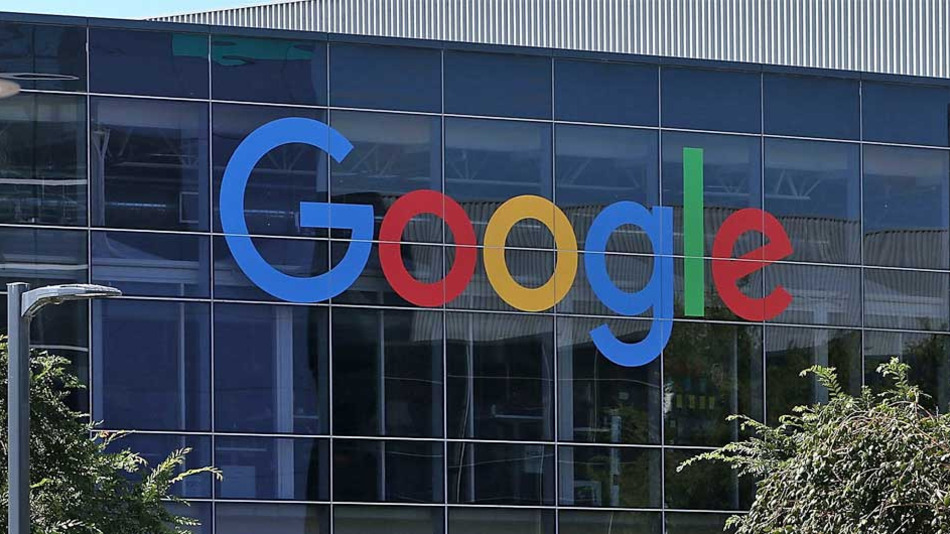While Google operates the largest online ad network, much of that revenue is spent on TV. But now, the search machine is looking to change that by combining online ads with your real-world purchases. Google recently partnered with companies that track purchase data and give access to 70% of all U.S. credit and debit card transactions.

Currently, Google and various advertisers aren’t equipped with the data to connect online ads and purchases in real life. The search giant can track what you buy online, that is, as long as you remain logged into your account and share your browsing data. However, offline, Google can only track your location at the moment to speculate what you’re purchasing and look at data from Android Pay.
Now, by tracking your offline purchase data, Google intends to confirm that the ads you see online influence what you buy in real life. This has the potential to increase company spending on online ads in an attempt to get you to buy more.
With Google’s new data, the advertiser will conclude whether or not the ad was successful. For example, if you clicked on an ad while browsing for a new camera, but didn’t purchase anything, that would be deemed unsuccessful. However, if you went to the advertiser’s store and purchased the camera, that’s valuable.
Google’s way of connecting the two actions anonymizes the data it uses when identifying users via ad tracking by converting all personal information to a string of characters. The company is not able to connect that value to a real individual. Technically speaking, the advertiser only knows that the unique ID saw an online ad and that it popped up in a store to purchase something. However, it’s important to note that your unique ID will now be visible in real life.
For those somewhat creeped out by this, Google ensures that it has abundant privacy tools to limit what data it can collect and use. If you go to your Google Dashboard and log into your account, you are able to turn off ad personalization and use activity controls to stop the search giant from collecting data from your searches, location, and more. Do remember, though, that if you turn these settings off, Google services will be less useful.
Via ExtremeTech
Advertisement
Learn more about Electronic Products Magazine





